Ever thought about raising a chicken breed that’s a living link to America’s colonial past? Dominique chickens are exactly that—a little piece of history right in your backyard. With their classic good looks and friendly nature, they bring both charm and productivity to any homestead. Let’s dig in and see why Dominiques might be the perfect addition to your flock!
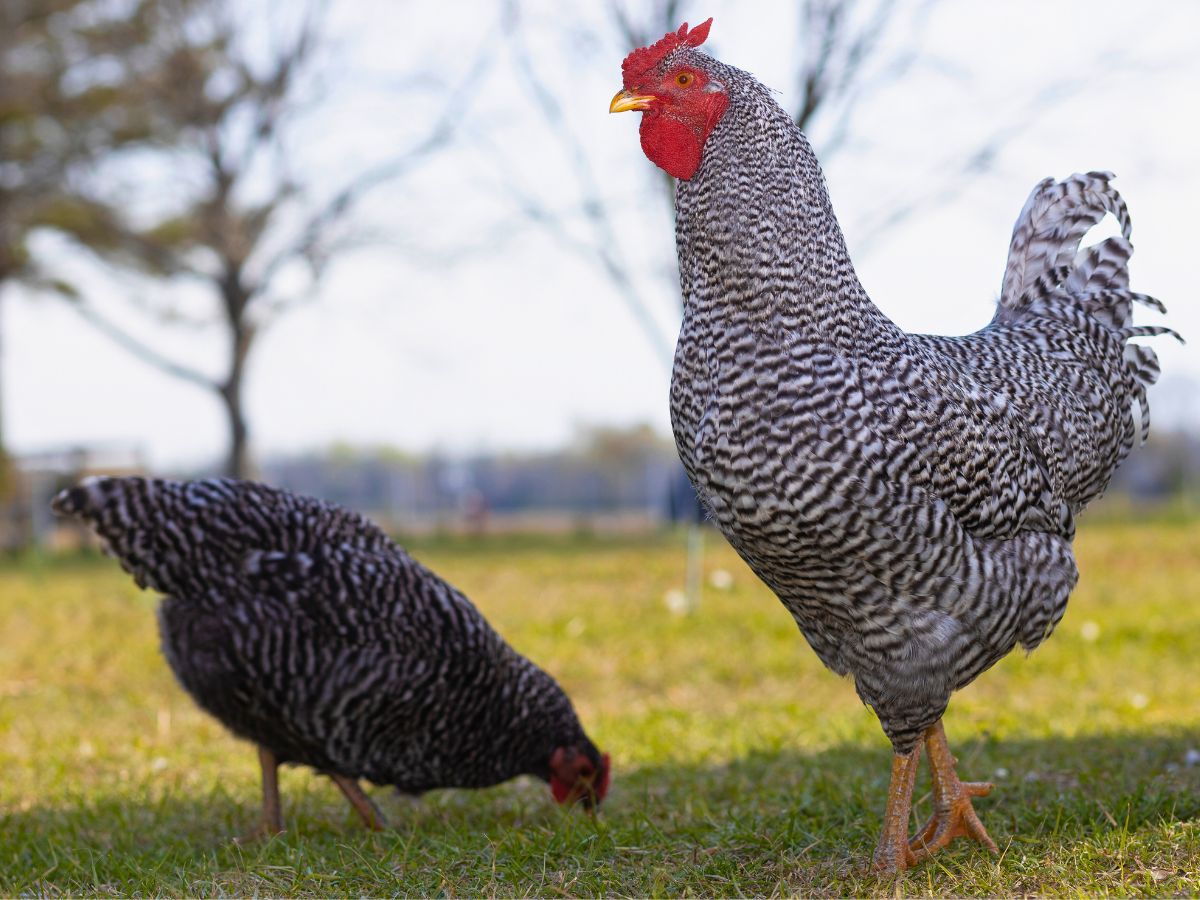
History of Dominique Chickens
| Class | American |
| Type | Standard, Heritage |
| Size | Medium/Roo: 7 pounds/Hen: 5 pounds on average |
| Rarity | ALBC Watch List |
| Purpose | Dual-Purpose |
| Recognized Varieties | Single/barred plumage |
This is one of the breeds my grandmother had while I was growing up. They were one of her favorite breeds, and I can see why. Dominique chickens are a bit of a legend in the poultry world as it’s one of the first breeds brought to America.
Some say Dominique chickens may have come over with the Pilgrims, and others think the French brought them from what’s now known as Haiti. Either way, by the 1700s, these hardy birds were well-established, weaving their way into early American life. Dominiques are about practicality, providing eggs and meat—something every homesteader can appreciate.
With their classic barred black-and-white feathers, Dominique chickens always look like they’re dressed in their Sunday best. These historic chickens are on the American Livestock Breeds Conservancy’s “Watch” list today. It’s a good reminder that even the most reliable breeds need our help to keep their stories alive.
So, if you’re considering adding a bit of history to your flock, consider the Dominique chicken breed. They’re more than just chickens—they’re a living connection to our past.
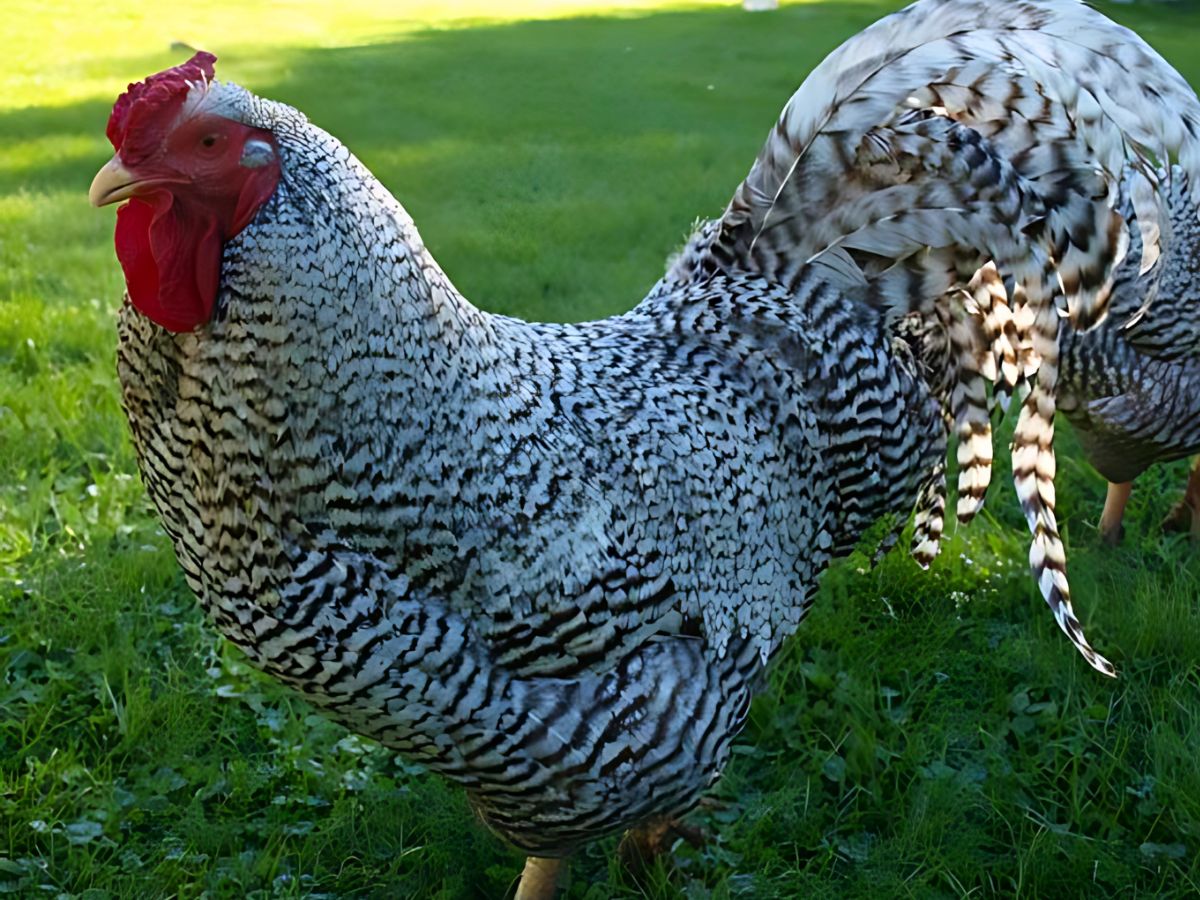
Egg Facts for Dominique Chickens
| Egg Laying | 180-260 a year |
| Egg Color | Brown |
| Egg Size | Medium-Large |
Dominique hens are steady, reliable layers, producing medium to large brown eggs. On a good year, you can expect anywhere from 180 to 260 eggs from each hen. That’s plenty to keep your kitchen stocked for breakfasts, baking, and maybe even sharing a few with neighbors.
One thing I appreciate about Dominiques is their ability to lay consistently through most of the year. Even in colder months, they keep producing when other breeds slow down. Just know that, like many heritage breeds, Dominiques can get broody. When that happens, they slow down and may even stop laying, but broodiness can be a real advantage if you’re looking to hatch chicks.
If you want a breed that’s dependable for eggs and brings a bit of history to your flock, Dominiques won’t let you down. You can read more about dual purpose chickens in our companion article.
Features of Dominique Chickens
| Comb Type | Rose |
| Crested | No |
| Feather Legs | No |
| Number of Toes | 4 |
Dominique chickens are a medium-sized breed, just right for a homestead flock. Roosters typically weigh in around 7 pounds, while the hens are about 5 pounds. They have a sturdy build, clean legs, and four well-defined toes.
One of their standout features is their rose comb. It’s not just good-looking; it also helps them handle cold weather better since there’s less risk of frostbite compared to larger, single combs. We have articles to help your chickens cope during winter. You can start with this one on preparing them for winter.
Their plumage is classic and striking, known for a distinct “cuckoo” pattern. This barred feathering blends dark grey or black with white, giving them a clean, tidy look. It’s more than just good looks, though—the pattern also provides a bit of natural camouflage, which can be handy if you free-range your flocks like we do.
Dominiques bring both beauty and utility to any flock, a true reflection of their hardworking heritage.
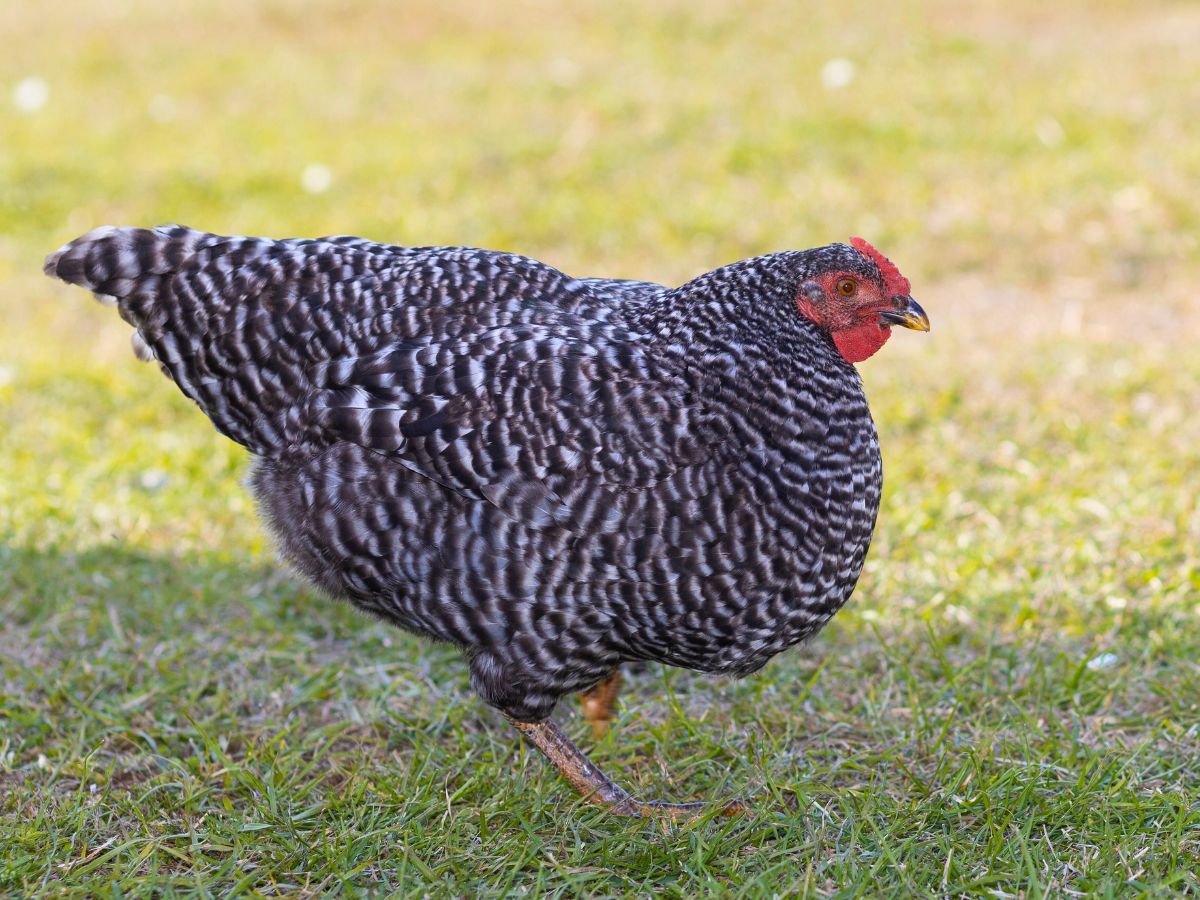
Breed Characteristics of Dominique Chickens
| Cold Hardiness | Yes |
| Heat Tolerance | Yes |
| Bear Confinement | With large yard/prefers free ranging |
| Especially Docile | Yes |
| Setter/Broody | Yes |
| Personality | Inquisitive/friendly |
Dominiques are tough birds, well-suited for both hot summers and cold winters. Their hardy nature means they can handle a range of climates without much fuss. The rose comb helps them weather the cold by reducing the risk of frostbite, and their dense feathering provides good insulation. On the flip side, they also manage heat well, staying active and productive even when the temperature rises.
These friendly and curious birds are a great fit for backyard flocks. They’re generally docile, so they get along well with other chickens and are easy to handle. If you’ve got kids or are new to keeping chickens, Dominiques are a reliable choice—they’ll follow you around the yard, always seeming interested in what you’re up to.
Dominique hens go broody, and when they do, they’re excellent mothers. If you’re looking to hatch chicks naturally, this breed won’t disappoint. They’re protective but not overly aggressive, and they care for their chicks with the kind of dedication that’s a real pleasure to watch. Broodiness might slow down egg production for a bit, but it’s a worthwhile trade-off if you’re building up your flock the old-fashioned, natural way. You can read more about letting broody hens hatch in our companion article.
Care of Dominiques
Dominiques are pretty low-maintenance, which is one reason they’re a favorite among seasoned chicken keepers. As any good chicken keeper knows, the little things keep your flock happy and healthy. They thrive when they have space to forage, scratching around for bugs and greens. Not only does foraging keep them healthy, but it also cuts down on feed costs—a win-win. We have several articles on feeding chickens. We recommend you start here.
Like any breed, they need a well-managed coop to stay healthy. Keep an eye on conditions inside, especially making sure things stay dry. Damp bedding can lead to respiratory issues or encourage parasites, so regular cleaning is essential. Good ventilation and proper spacing help keep your flock in top shape. You can learn about the best chicken coop for your flock in our companion article.
Dominiques don’t have any special requirements beyond the basics. These chickens are pretty self-sufficient but, like all breeds, benefit from a safe, comfortable environment. Take care of that, and they’ll reward you with steady eggs and a bit of living history in your backyard.
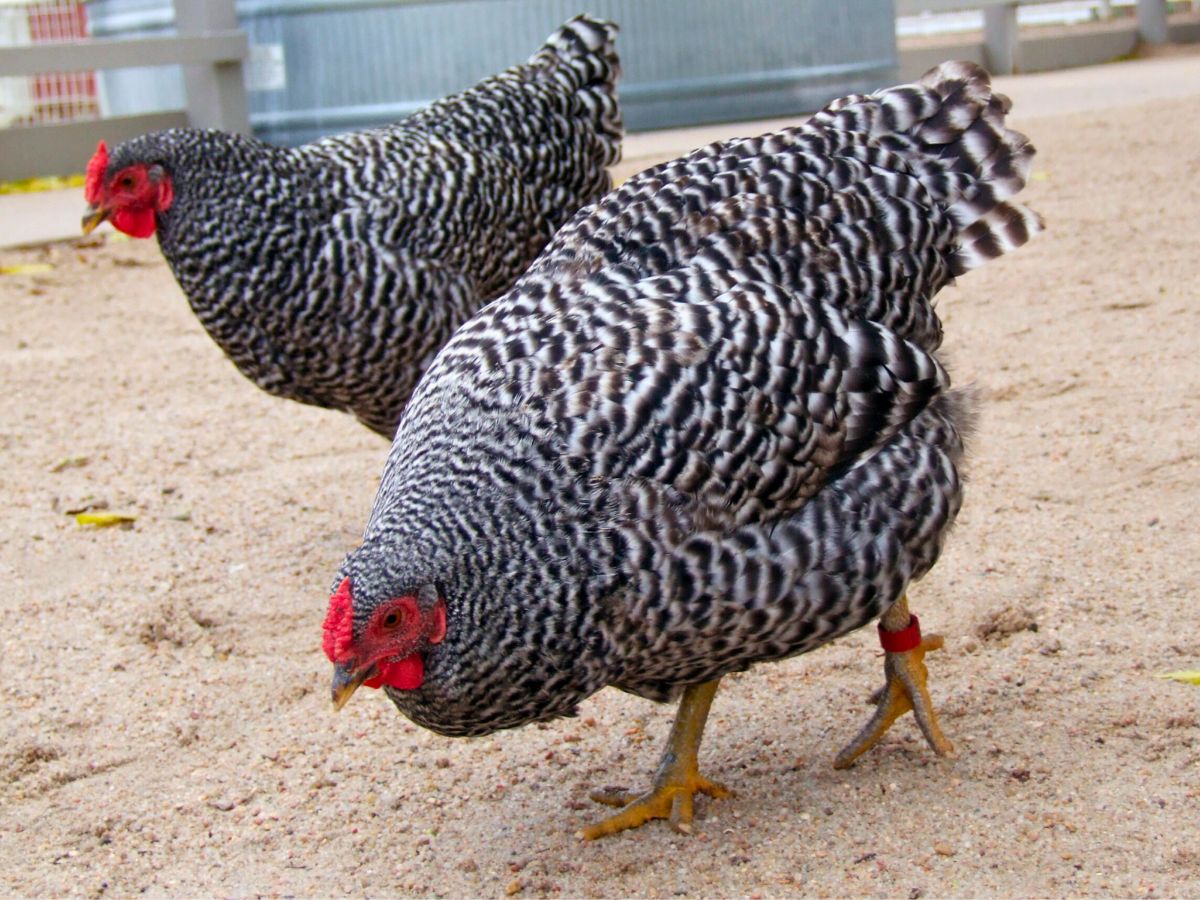
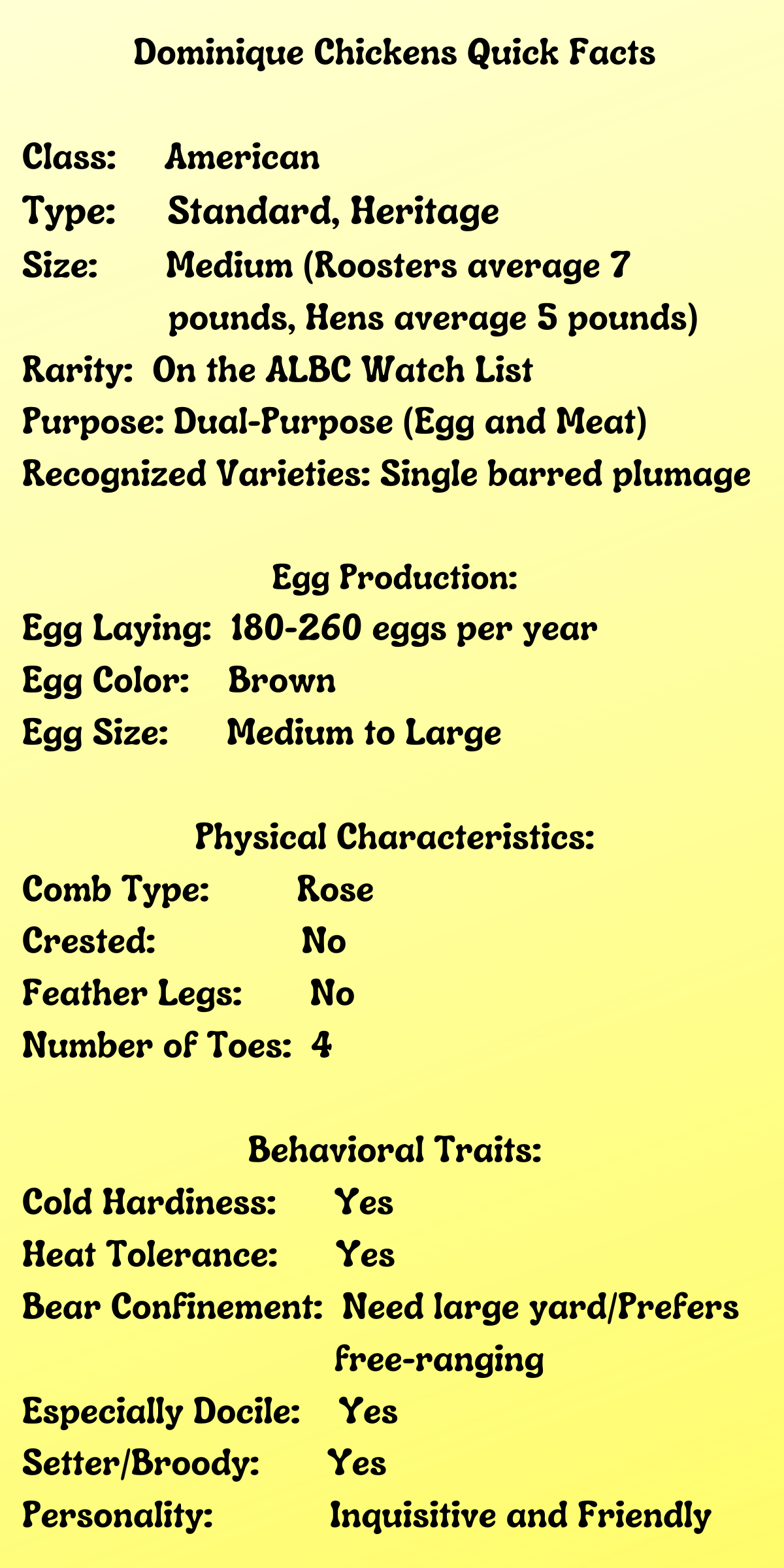
Where to Buy
We strongly advise sourcing your Dominique chicks or mature birds locally as we do with all breeds. This reduces the stress associated with shipping, providing a healthier start for your birds.
If local sources are unavailable, consider requesting your local farm supply store to include Dominique chicks in their next hatchery order. This method also minimizes shipping stress as they come straight from the hatchery to the store with no extra handling.
For those who must order online, Murray McMurray Hatchery has a good reputation for handling and shipping chicks with care.
Wrap Up
Dominiques are not just livestock but a piece of American history. Their dual-purpose nature makes them suitable for both egg and meat production on homesteads valuing heritage breeds. Their friendly nature and adaptability to various climates make them an excellent choice for many, though they require space to forage, which might not suit small urban setups.
We invite you to share your experiences with Dominiques or ask any questions you might have below. Whether you’re considering adding them to your flock or already have, your insights can help others in their decision-making process.
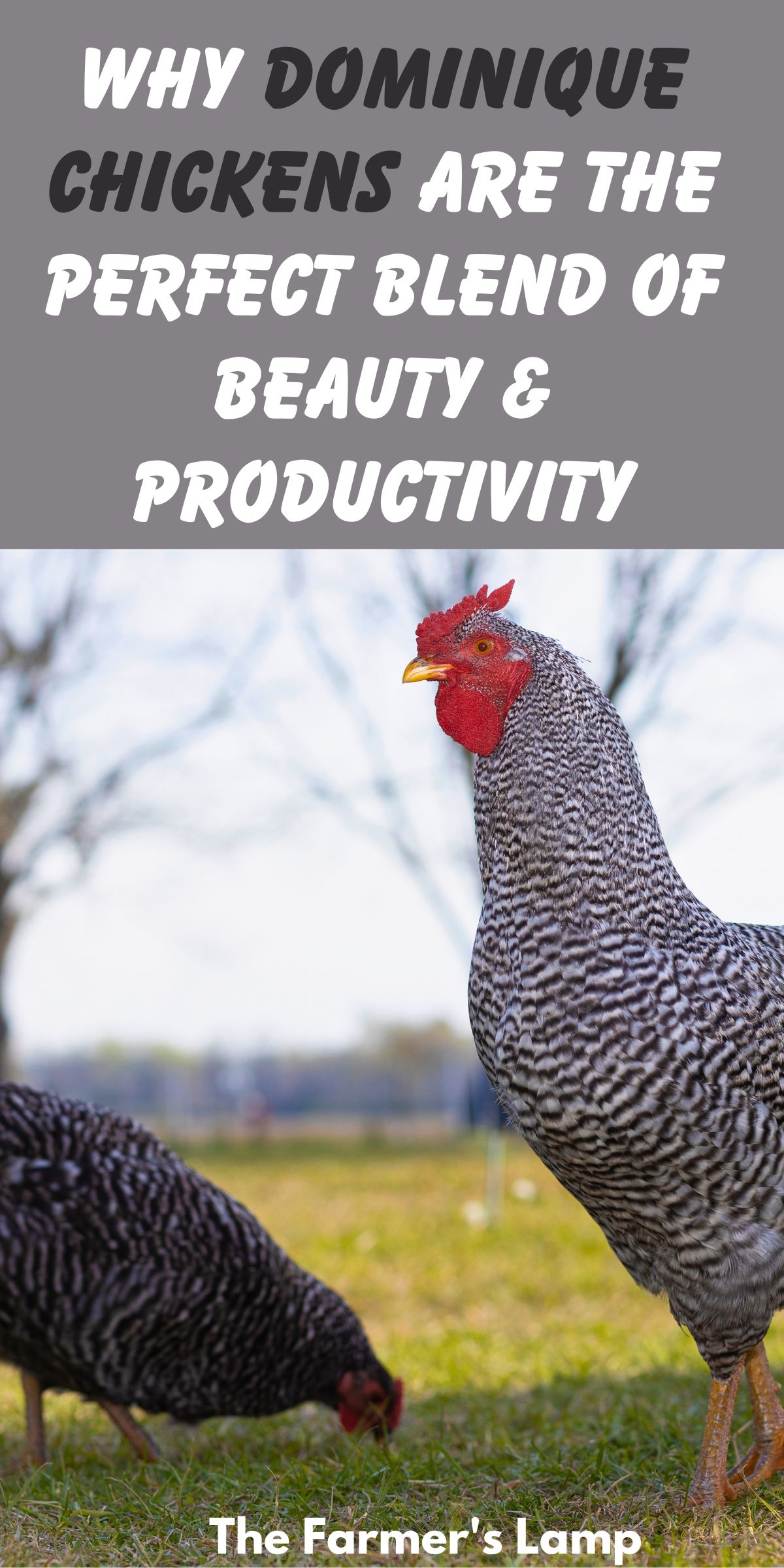
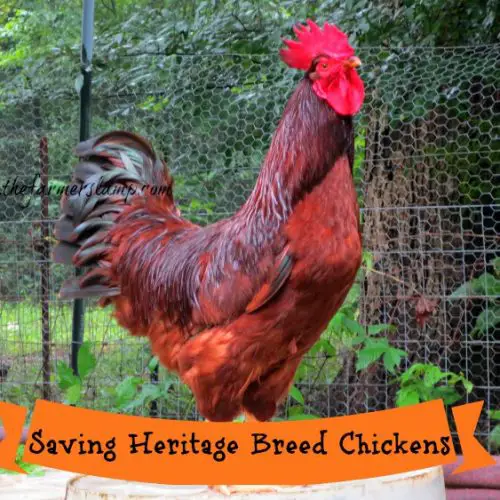
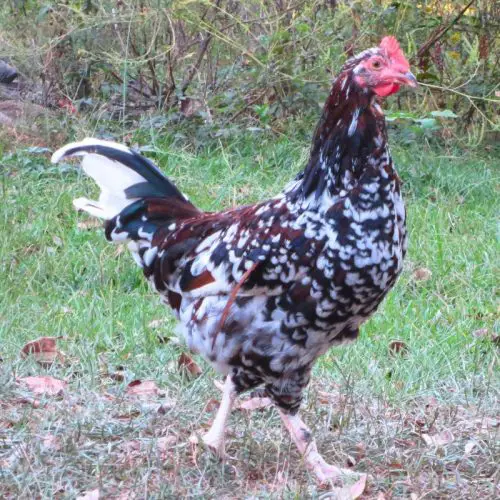
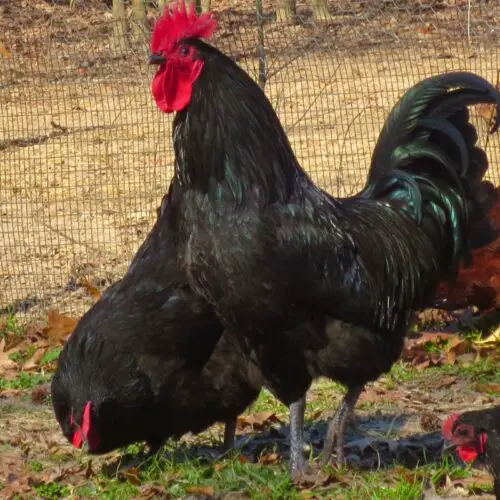

Leave a Reply